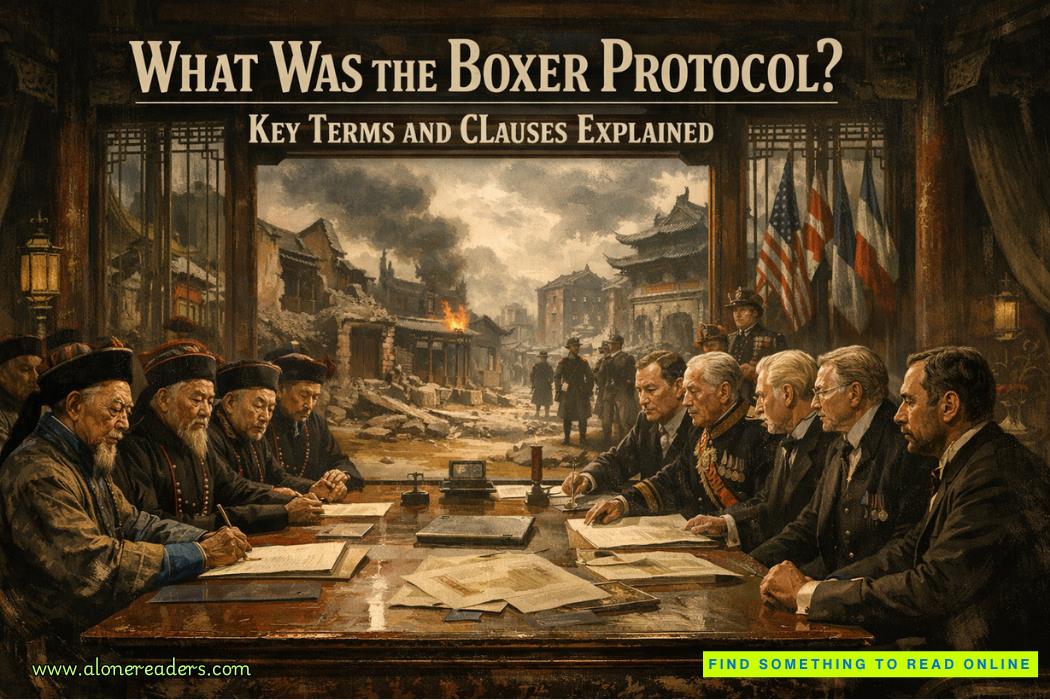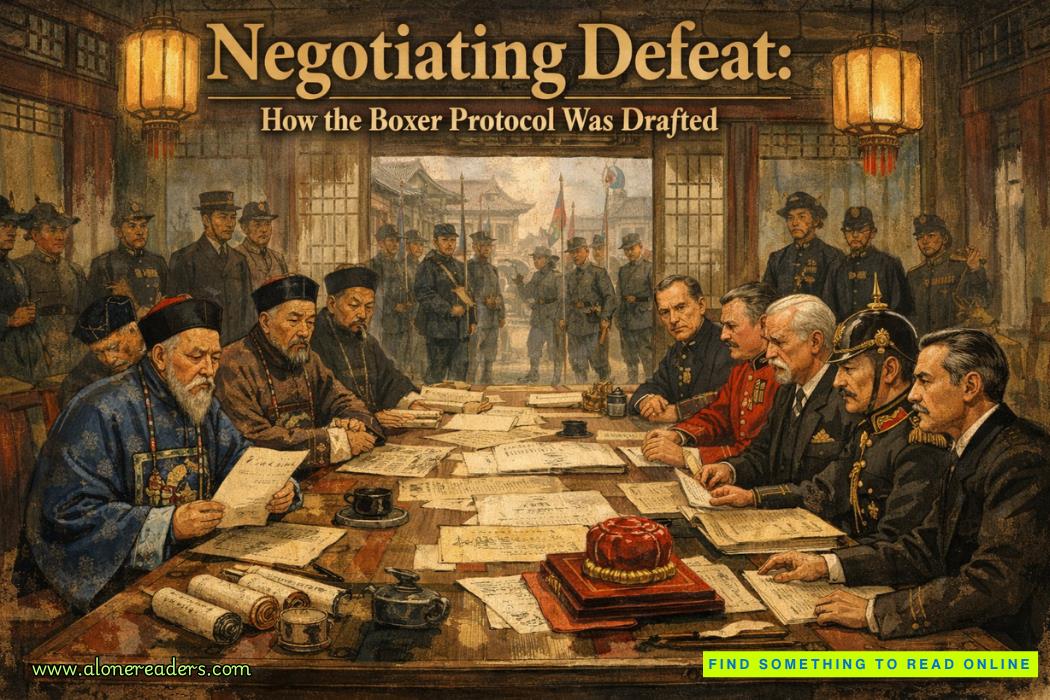“Most would,” she said defensively. “Of course it is difficult being a woman alone. Children must eat, my lord, but no one considers how a woman on her own is meant to feed her child.”
It was true, of course. Options were limited for a woman alone, and she could never earn as much as a seamstress or a laundress as she could by working in a noble household. And if her son had a condition requiring the care of a doctor, she would need a well-paying position to afford the services of one.
Still, she must see her son but rarely. Only on her half day once a week. What did that do to a mother, to be separated from her child? What did it do to the child? Surely a boy so young couldn’t grasp the fact that his mother stayed away not by choice but by necessity, to provide him with every advantage she could?
Claire cleared her throat. “Except as pertains to my son’s health, I do not allow my personal life to interfere with my profession,” she said severely, defensively.
He had known that already. She had, as Mrs. Cartwright had said, come highly recommended. And she had demonstrated her capability, her competence, on more than one occasion. Even on her half day off, the household ran smoothly in her absence. Those that had been inclined to be lax about their duties had been whipped into shape quickly enough, and none of the staff seemed to wish to disappoint her expectations.
“You need not defend yourself,” he said. “I’m not going to sack you for daring to have a life beyond my household. As you said, your personal life is none of my concern.” The flicker of relief that crossed her face did not escape him.
He flicked back the curtain that hung over the window and peered out. They had crossed into Spitalfields at last; huge textile mills dominated the industrial neighborhood and manufactories churned out great billowing clouds of black smoke, settling a murky haze over the sky, like a grey fog that would not lift.
It was hardly a place for a child; even a healthy one. The curling black smoke struck him uneasily—he recalled an instance in his youth when the chimney had backed up and sent a cloud of ash tumbling into the nursery. The resulting cloud of soot had stuck in his lungs and set off an attack that had been one of the most severe; he’d wheezed and gasped until he’d gone blue in the face, and the fear that had clutched him tight in its grip had stayed with him long after he’d recovered.
People didn’t live in Spitalfields because they wished it. They lived there because there was little else they could afford. But it was doubtful that Claire’s son would recover well from his attack if he were living within a haze of smoke.
The carriage began to slow, and it turned a corner down a narrow street, threading through tiny houses packed up against one another as if vying for space. Finally the carriage lurched to a stop, and Claire lunged for the door, casting it open and nearly crashing to the street in her haste.
Gabriel followed behind her, instructing the coachman to wait where he was and keep watch for the doctor. Claire rapped her knuckles on the door of the little house, which at one point had been built of red brick, but had faded with time and the ever-present soot in the air, to a dull grey. A moment later the door opened, and a woman perhaps a few years older than Claire emerged.
“Thank God,” the woman said, patting back her disheveled hair.
“Matthew?” Claire asked, her voice strained with worry.
“In the back room.” The woman gestured with one hand. “The worst has passed, I think, but his color is not good.” She stepped back as Claire rushed past her, and her eyes settled on Gabriel at last. “Who—”
“Leighton,” he said abruptly. “Claire—Mrs. Hotchkiss—is my housekeeper. I suppose you must be Anne.”
For a moment she was terribly still, as if nothing in her life had prepared her for the possibility that a nobleman might someday deign to grace her humble home with his exalted presence. Then one hand went to her chest as if to keep her heart from pounding straight through her ribs, and she sank into an unbearably awkward and stiff curtsey. “Yes, I’m Anne,” she said finally. “Anne Shipley, my lord.”
Gabriel cleared his throat. “May I come in?”
“Oh. Oh, yes. Of course.” She scuttled back far enough to allow Gabriel to pass. “I beg your pardon,” she said, “we were not expecting anyone but Claire.”
Her home was small, but tidily kept, the ancient wood floorboards swept clean and the sparse furniture polished lovingly. Threadbare drapes lined the sole window in the main room, and a table with mismatched chairs butted up against one wall. There was no true delineation of the main room from the kitchen, which boasted only a small brick oven and stove, a counter for food preparation, and a few small cabinets.
In the main room, a fire burned in the small hearth, and an iron kettle hung over the flames, no doubt heating water for tea.
“I can offer you some tea, my lord, but I’m afraid it’s nothing fine,” Anne said.
“Mrs. Shipley, I am not such a snob as that. I am a guest in your home.” Gabriel edged toward the rear of the main room, nearer the doorway he’d seen Claire disappear through. There seemed to be only two other rooms in the small house. Through one, he saw a pair of children, boy and girl, assembling a tower of hand-carved wooden blocks, playing quietly together. These children, he assumed, must belong to Mrs. Shipley. Through the other, he caught a glimpse of Claire’s skirts spread out upon the floor. As Mrs. Shipley rifled through her cabinets in search of tea leaves and cups, he poked his head through the door.
His dressing room would have dwarfed this bedroom, where three small cots were arranged along each wall. Upon one, a small boy rested in his bed, his head cradled to his mother’s bosom as her arms engulfed him. Mrs. Shipley had been right—his color was not good. The lad’s chestnut hair was disheveled and damp with sweat, and his little chest heaved with the effort to breathe normally. Though he was clearly through the most dangerous part of such an attack, his lips were bloodless and his face was pale and wan. Claire held one of his hands in hers as she murmured softly into his hair, her lips feathering over the boy’s brow.
“How is he?” he inquired.
Claire jerked as if she had quite forgotten that he had arrived with her, and her head lifted as she turned toward him. “Recovering,” she said, in a queer sort of voice. “He’s never well after an attack.”
“Mama,” the boy rasped, his voice hoarse. “I want to play with Judith and Richard.”
“I’m sure you do, darling,” Claire said. “But you need to rest.”
“ButMama.” The boy twisted on the bed, struggling to sit up, and the strenuous motion provoked a coughing fit—harsh wheezing barks that singed Gabriel’s ears with their violence. Though it had been decades since last he’d experienced it, he remembered well that helplessness, the sense that your body had betrayed you, the wracking spasms and reedy breaths and nameless terror.
This little boy, Matthew—he was the same age his own child would have been, had it survived. The thought provoked a strange ache in his chest, something akin to envy. Claire had a child she could see, could hold in her arms and love. He had nothing—his child had no gender, no name. His child existed only as a brief acknowledgement in a letter from an investigator, in the gossip of the small village of Wensley Hollow, in the vagueness of an old woman’s thoughts. His child had never had a chance. But Claire’s son did.
And he wondered if perhaps fate had cast them into his path—this woman, this child—for a particular purpose. His own wife and child were now far beyond his reach, and he could not turn back the clock to save them. But hecouldaid Claire and her boy, Matthew. In them perhaps he had been given a chance at redemption.















